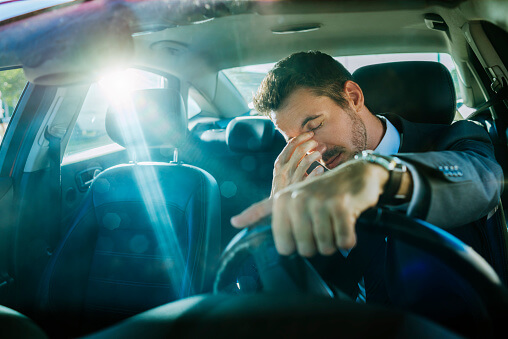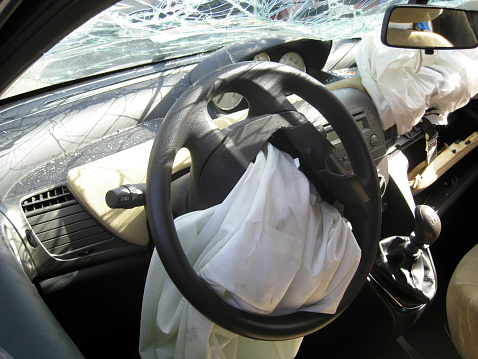Our attorneys recently secured a $15 million verdict for a fatal crash caused by a drowsy driver. If you drive when you are tired, the risks of a drowsy driving collision are substantial and the consequences can be devastating. Around 20 percent of auto crashes in the United States resulting in fatalities involve fatigued drivers. NPR recently took a close look at reports and data assessing how dangerous it is to drive when tired so motorists could better understand the dangers they face. The NPR report indicates a motorist who drives on only four to five hours of sleep in a 24-hour period will have four times the chance of getting into a crash. This compared with a motorist who has gotten the recommended seven to nine hours of sleep. Even getting five to six hours of rest is not enough, as this still doubles your collision risk.
Since drowsy driving is so clearly dangerous, motorists need to find solutions to ensure they don’t find themselves causing a fatigued driving crash. If you are falling asleep behind the wheel or feel that you cannot pay sufficient attention to the road because you’re too tired, you should stop and take a break. Even a 10 to 20 minute nap could refresh you and make it possible for you to get back on track to driving safely.
The best thing you can do for yourself and all of the other drivers around you is to ensure you are regularly getting a good night’s rest.
Approximately one in three Americans is not getting enough sleep on a regular basis. You should be getting around seven to nine hours nightly, and many people don’t. If you are one of the many who struggles to get sufficient rest so you can be awake and alert while driving, follow these four tips to try to get a better night sleep:
- Limit screen time before bed. Using a tablet or computer right before bed can make it harder for your body to adjust to the fact it is nighttime and time to sleep.
- Sleep in a dark room with no unnecessary noise or light. You want your sleeping environment to be peaceful and free of externalities that could make sleep more elusive.
- Get sleeping issues checked out if you are snoring or startle awake when sleeping. You could have sleep apnea and a special machine could help you to solve this problem.
- Try to maintain a regular bedtime. A lot of people will get off schedule when the weekend arrives, staying up late and then sleeping in late. This can make it harder for you to fall asleep at your normal time when you’re ready to go back to work.
You owe it to yourself and to other motorists on the road to do your best not to contribute to the risk of drowsy driving crashes. Follow these tips to try to get a better night sleep and always refrain from driving when you feel too tired to be consistently alert behind the wheel.
















